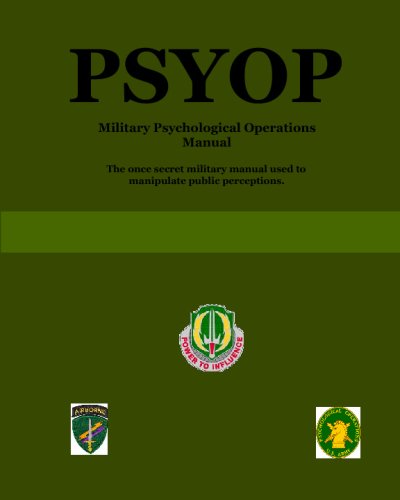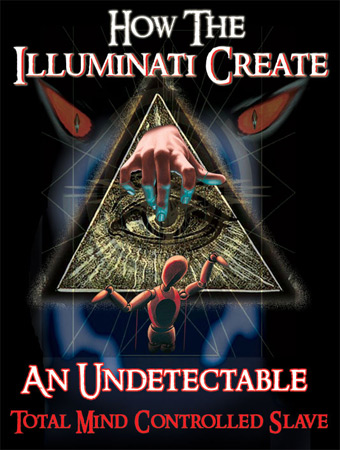Description
Psychological Operations Soldiers use persuasion to influence perceptions and encourage desired behavior. The cornerstone of PSYOP is truth, credibly presented to convince a foreign audience to cease resistance or take actions favorable to friendly forces. During Desert Storm, the effective use of PSYOP was a combat multiplier that directly contributed to the surrender of thousands of Iraqi Soldiers. It is clear its effectiveness saved countless coalition and Iraqi lives.
Psychological Operations units also have Soldiers with unique skills. These Soldiers are communicators who provide the commander with the ability to communicate information to large audiences via radio, television, leaflets and loudspeakers. The PSYOP Soldier’s language skills, regional orientation and knowledge of communications media provide a means of delivering critical information to host-nation audiences. Psychological Operations are a vital part of the broad range of diplomatic, informational, military, and economic (DIME) activities used by the U.S. Government. PSYOP Soldiers use information to influence the behavior of foreign audiences in support of U.S. policy and national objectives. Used during peacetime, contingencies, and declared war, these activities are non-lethal. They are force multipliers that use nonviolent means in often violent environments. Persuading rather than compelling physically, they rely on logic, fear, desire or other psychological factors to promote specific behaviors. The ultimate objective of U.S. military Psychological Operations is to convince enemy, neutral, and friendly governments, forces and populations to take actions favorable to the United States and its allies.
Psychological Operations (PSYOP, PSYOPS) are techniques used by military and police forces to influence a target audience’s value systems, belief systems, emotions, motives, reasoning, and behavior. Target audiences can be governments, organizations, groups, and individuals, and are used in order to induce confessions, or reinforce attitudes and behaviors favorable to the originator’s objectives. These are sometimes combined with black operations or false flag tactics.
This concept has been used by military institutions throughout history, but it is only since the twentieth century that it has been accorded the organizational and professional status it enjoys now.
The word is commonly used by governments, such as the government of the United States, who do not wish to use the term propaganda or brainwashing to refer to their own work. The word propaganda has very negative connotations, and by calling it psychological operations instead, more sophisticated methods of psychological manipulation are accurately incorporated by the terminology. This euphemism for mind control is ironically an example of psychological operations — i.e. using psychological techniques to persuade [manipulate] a large number of people to support something that they wouldn’t normally support.












Reviews
There are no reviews yet.